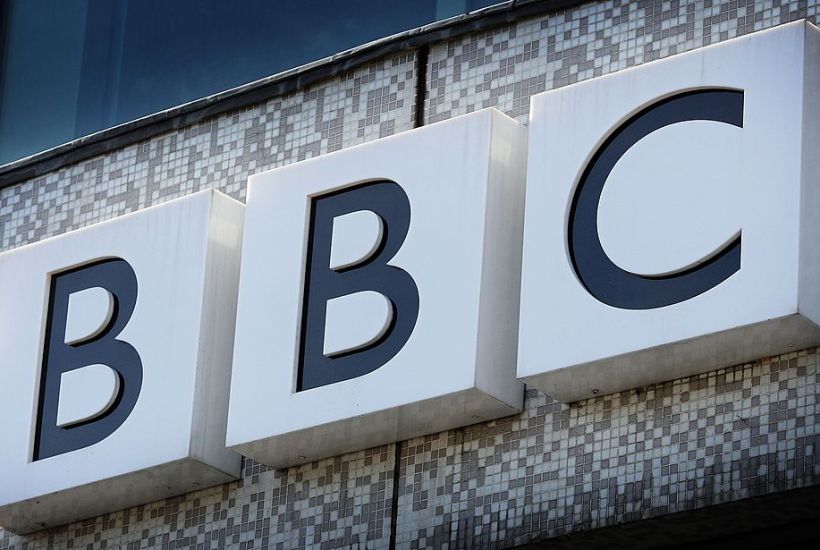You know the Tories are worried about their core vote when they start talking tough on the BBC licence fee.
Rishi Sunak took time out of his Cop28 jaunt to declare that the Corporation must ‘cut its cloth appropriately’. Meanwhile, Culture Secretary Lucy Frazer is against the planned £15 increase in the fee, which comes after a two-year freeze agreed between Auntie and the government.
Already a subscriber? Log in
Subscribe for just $2 a week
Try a month of The Spectator Australia absolutely free and without commitment. Not only that but – if you choose to continue – you’ll pay just $2 a week for your first year.
- Unlimited access to spectator.com.au and app
- The weekly edition on the Spectator Australia app
- Spectator podcasts and newsletters
- Full access to spectator.co.uk
Or



















Comments
Don't miss out
Join the conversation with other Spectator Australia readers. Subscribe to leave a comment.
SUBSCRIBEAlready a subscriber? Log in